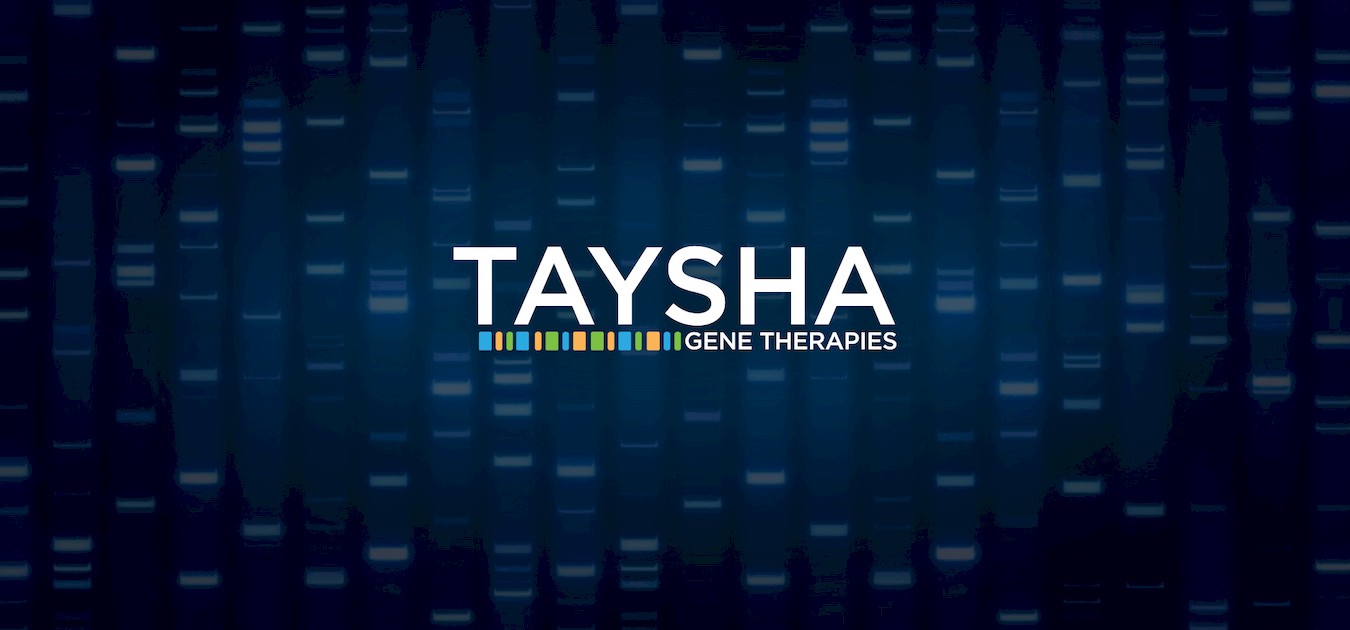A Note from RSRT: The Rett Syndrome Research Trust began championing gene replacement in 2010 as an approach to potentially reversing the symptoms of Rett. An extremely encouraging step has just been taken towards advancing RSRT’s efforts to changing the lives of 350,000 children and adults afflicted with the disorder. Taysha Gene Therapies has announced the launch of a clinical trial for Rett syndrome. This will be the first gene replacement approach to enter clinical trials and it is informed by data and knowledge generated by RSRT-supported research.
The more than $10 million that RSRT has invested in gene replacement fueled the innovative Gene Therapy Consortium, through which Steve Gray, PhD, developed a mechanism to control the level of MECP2 expression that will be used in TSHA-102. In addition, TSHA-102 delivers a shortened “min-gene” version of the MECP2 gene, which was developed by Adrian Bird, PhD, and funded through RSRT’s MECP2 Consortium.
We have been working towards this day for a long time, and we wouldn’t be here without all the families that have fundraised for us and without their networks of friends who contribute. This is the result of their dedication and generosity.
Taysha Gene Therapies Letter to the Rett Community
March 30, 2022
Dear Rett Community,
We are pleased to share that upon review of the Clinical Trial Application (CTA) for the Phase 1/2 clinical trial of TSHA-102, our investigational gene therapy for adult females with Rett syndrome, Taysha has received notification of a “No Objections Letter” from Health Canada. This means that Taysha is cleared to proceed with the clinical trial.
As you are aware, in most patients with Rett, there is a mutation in the MECP2 gene that tells cells how to make a protein called Methyl-CpG-binding protein 2 (MeCP2). This protein plays an important part in the development of the brain throughout childhood, in maintaining normal brain function and communicating between nerve cells. In Rett patients with a MECP2 gene mutation, the body does not make enough or properly make MeCP2.
TSHA-102 is designed to deliver a functional MECP2 gene to the brain in patients with Rett syndrome using a novel technology platform, called miRARE, developed by Drs. Sarah Sinnet and Steven Gray of UT Southwestern Medical Center. TSHA-102 will be tested in a Phase 1/ 2 trial to determine whether the functional MECP2 gene can be packaged with our technology to replace MeCP2 and safely control the level of MeCP2 protein expression.
Approval of the TSHA-102 clinical trial plans by Health Canada is an important milestone, and we are encouraged by the progress made towards initiating a clinical trial.
“Today’s CTA clearance is a pivotal moment for the Rett community, and it would not have been possible without the tireless work of my Taysha Colleagues, our partners at UTSW, the Rett Clinical and Scientific experts with whom we collaborate, and most importantly the Rett syndrome community. Initiation of a clinical trial is a formative moment, and we are motivated by the patients and families whom we serve and the potential of TSHA-102. Thank you to the patient advocacy leaders for your partnership and the patients and caregivers for your continued support,” said Suyash Prasad, MBBS, M.Sc., MRCP, MRCPCH, FFPM, Pediatrician, Chief Medical Officer and Head of Research & Development at Taysha Gene Therapies.
We are grateful for the continued support of the Rett syndrome community and our Rett advocacy partners. We understand that you may have many questions about the trial and plans for future studies. We look forward to providing further updates about the TSHA-102 clinical trial to the global patient organizations as new information becomes available.
Sincerely,
The Taysha Team

